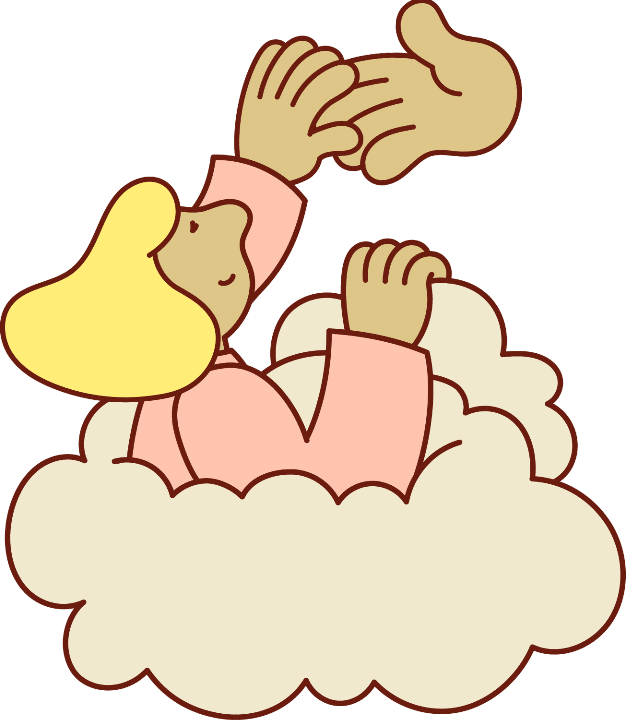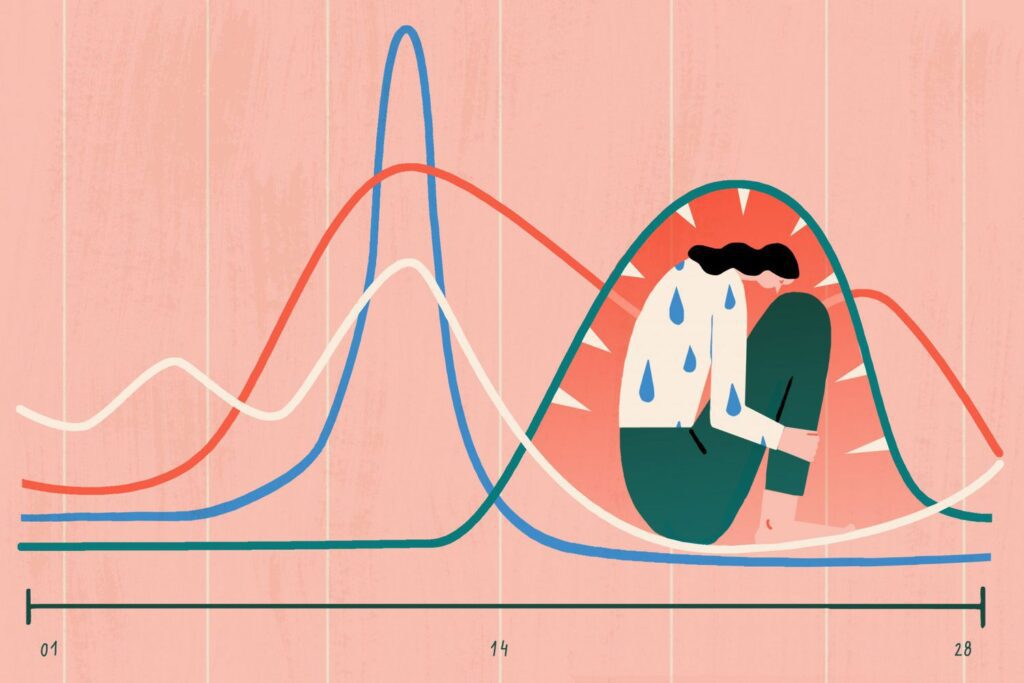
Find a therapist practicing CBT: Cognitive behavioral therapy
CBT (cognitive behavioural therapy) is a therapeutic approach that helps individuals identify and change negative thought patterns and behaviours, leading to improved emotional regulation and coping skills. If you are looking for a practitioner experienced in CBT, It's Complicated has the perfect match for you, available online and in-person. Because life is complicated, but finding a therapist shouldn't be.
Free matching service
Affordable Therapy
Built by therapists
The Directory
Find a therapist, psychologist, counsellor or coach based on your preferences.About It's Complicated
In 2019, two therapists set out to tackle a complicated problem.


Learn more about therapists practicing CBT: Cognitive behavioral therapy
Cognitive behavioural therapy and its applications
Cognitive behavioural therapy (CBT) stands as a cornerstone in modern psychotherapy, renowned for its efficacy in addressing various mental health concerns. Rooted in the cognitive and behavioural models of human functioning, CBT operates on the premise that our thoughts, feelings, and behaviours are interconnected, influencing our well-being. CBT therapists, equipped with specialised training and expertise, employ a structured and collaborative approach to assist individuals in identifying and modifying maladaptive thought patterns and behaviours. By fostering self-awareness and providing practical tools, CBT empowers individuals to manage challenges such as anxiety disorders, depression, post-traumatic stress disorder (PTSD), and more.
How cognitive behavioural therapy works
At the core of CBT lies the principle of cognitive restructuring, wherein therapists guide clients in recognising and challenging distorted thoughts or beliefs contributing to emotional distress. Through targeted interventions such as cognitive reframing and thought records, individuals learn to replace negative thinking patterns with more balanced and adaptive perspectives. Simultaneously, CBT incorporates behavioural techniques aimed at altering unhelpful actions or habits. Behavioural experiments, exposure therapy, and skills training enable clients to confront fears, develop coping strategies, and gradually reintegrate rewarding activities into their lives.
Is cognitive behavioural therapy right for you?
While CBT offers a versatile framework applicable to a spectrum of psychological issues, its depends on individual needs and preferences. Consider CBT if you seek a structured, goal-oriented approach to address specific concerns, coupled with a willingness to actively participate in the therapeutic process. An optimal treatment plan for many conditions is often medication in conjunction with cognitive behavioral therapy, including online therapy. However, this is context-dependent. If a person is living with anxiety and feels that they don't need medication, CBT counseling is a great place for that individual to start and may result in changes over a relatively short period of time. However, it's important to acknowledge that CBT may not resonate with everyone. Consulting with a qualified CBT therapist can provide invaluable insights into whether this evidence-based approach aligns with your therapeutic goals. In summary, cognitive behavioural therapy transcends as a dynamic and evidence-driven modality, offering practical solutions to navigate life's challenges. Find an experienced therapist today from the It's Complicated community that can help you overcome anxiety, depression, or simply to enhance your overall well-being.



